The key to get in control of your money is to plan your spending. Know your numbers. Know exactly what your income is and exactly what your outgoings are. To do this, you will need to keep track of your income and your expenditure.
Most people find it easy to know the income figures as this is normally a fixed amount or amounts paid into a bank account and can be tracked through bank statements and payslips. On the other hand, expenditure is more difficult to keep track of as there are various ways of spending.
There are fixed expenses that are more or less the same each month and can be tracked through the bank statements and mortgage statements. Utility bills and other household bills are variable bills but can also be easily tracked through bills or statements from the supplier companies. These are forms of planned spending.
Impulse buying is where a person spends money on the spot without prior thought or planning and is dangerous as you could be spending money that should be used to pay a bill. Ideally all discretionary expenditure should be planned spending. Stop impulse buying and control your money so that you break free from overspending.
If you are surprised by the total of your credit card bill each month or if you have purchased items that you didn’t need or think you wanted until you saw them in the shop then you are an impulse shopper. This can lead to debt and added pressure to your finances.
Save money towards the expenditure before it occurs. Set up a budget which will be a tool to help you plan your spending. This will help you make informed spending choices, putting you in control of your money instead of your money controlling you.
Setting up your household budget could not be easier. There are many free online tools to help you budget. For more information on budgeting see www.BillsManager.com.












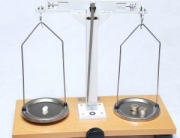

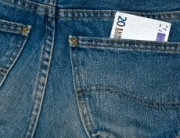
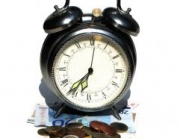






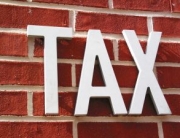







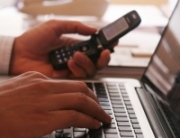



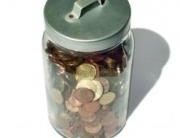
Recent Comments